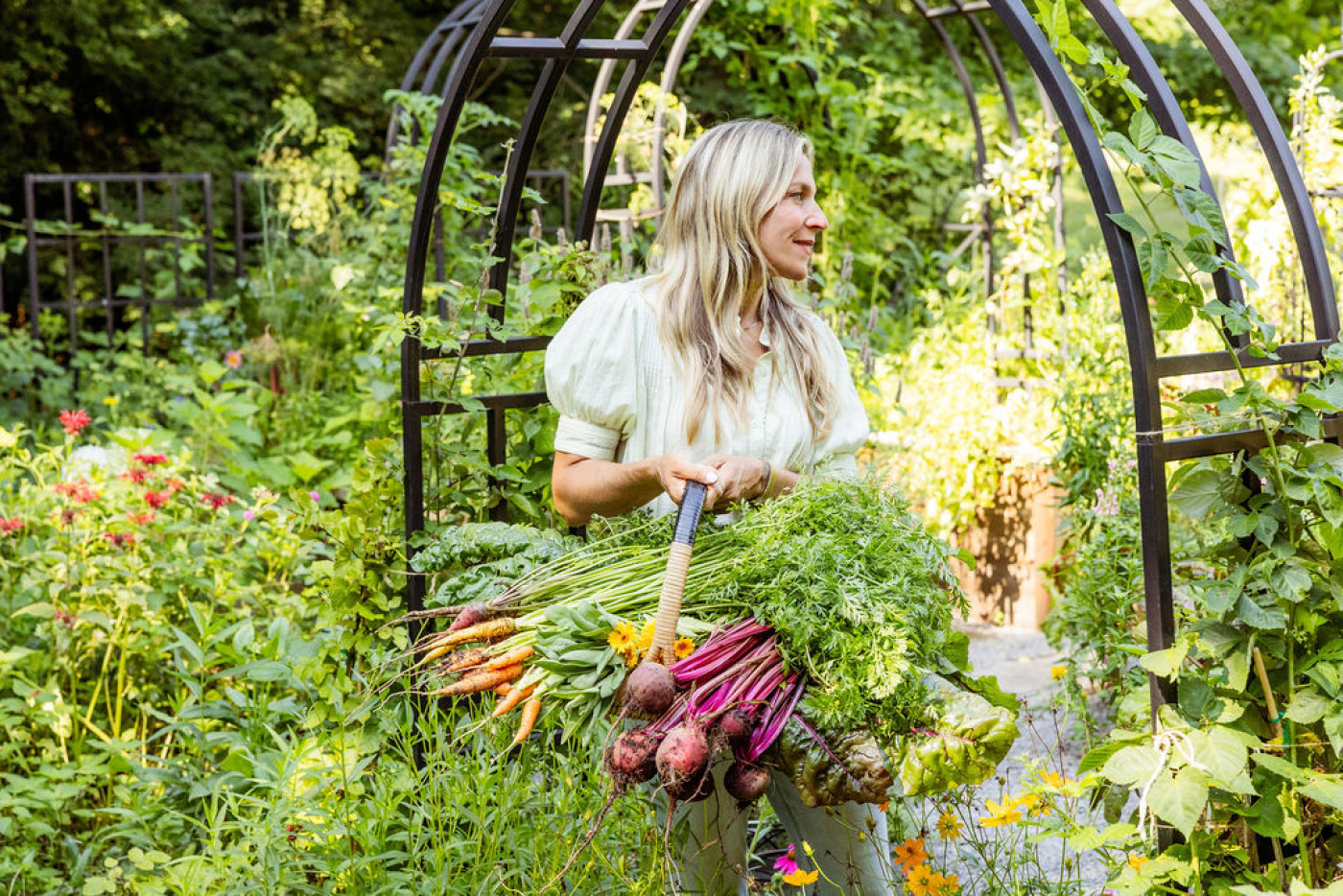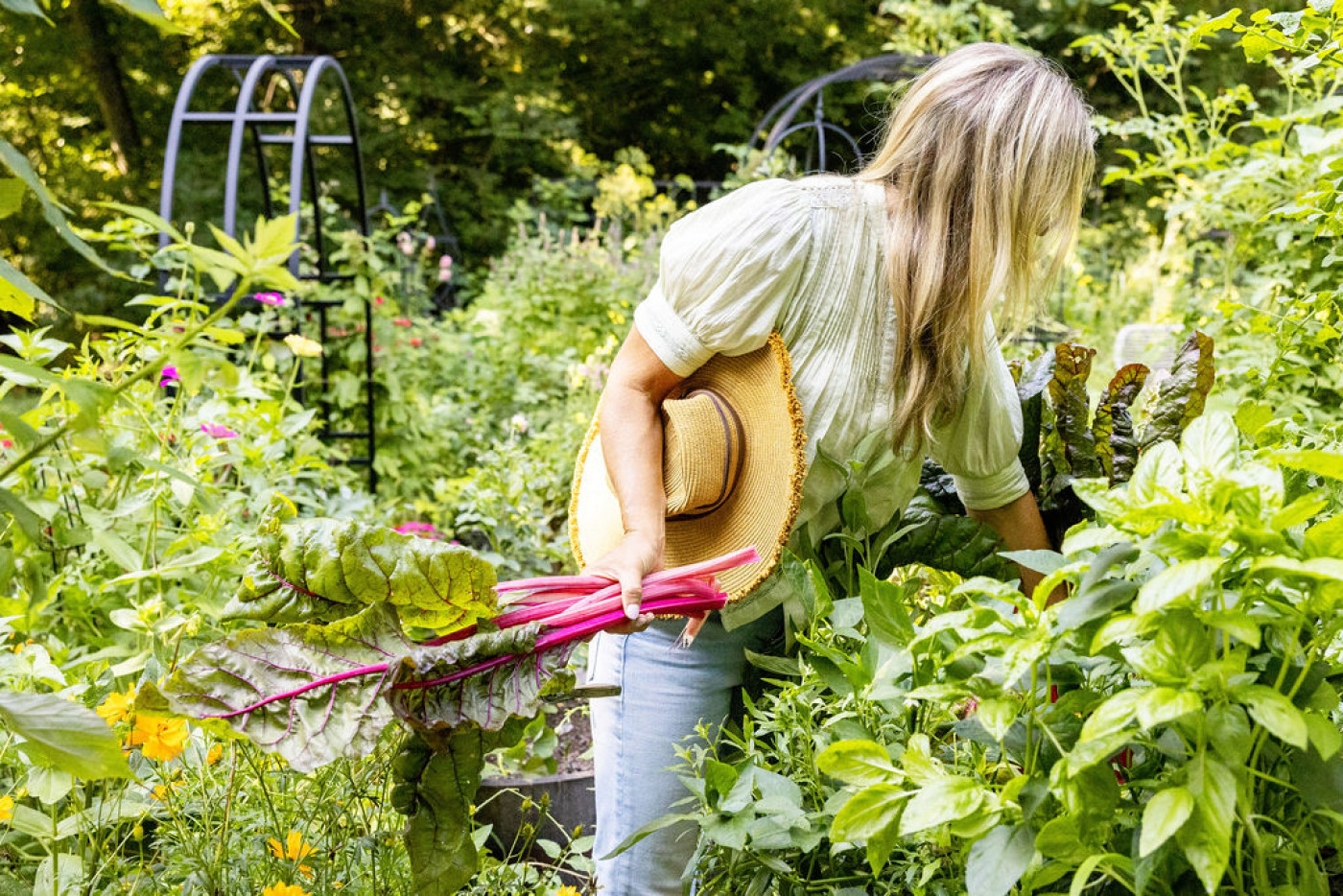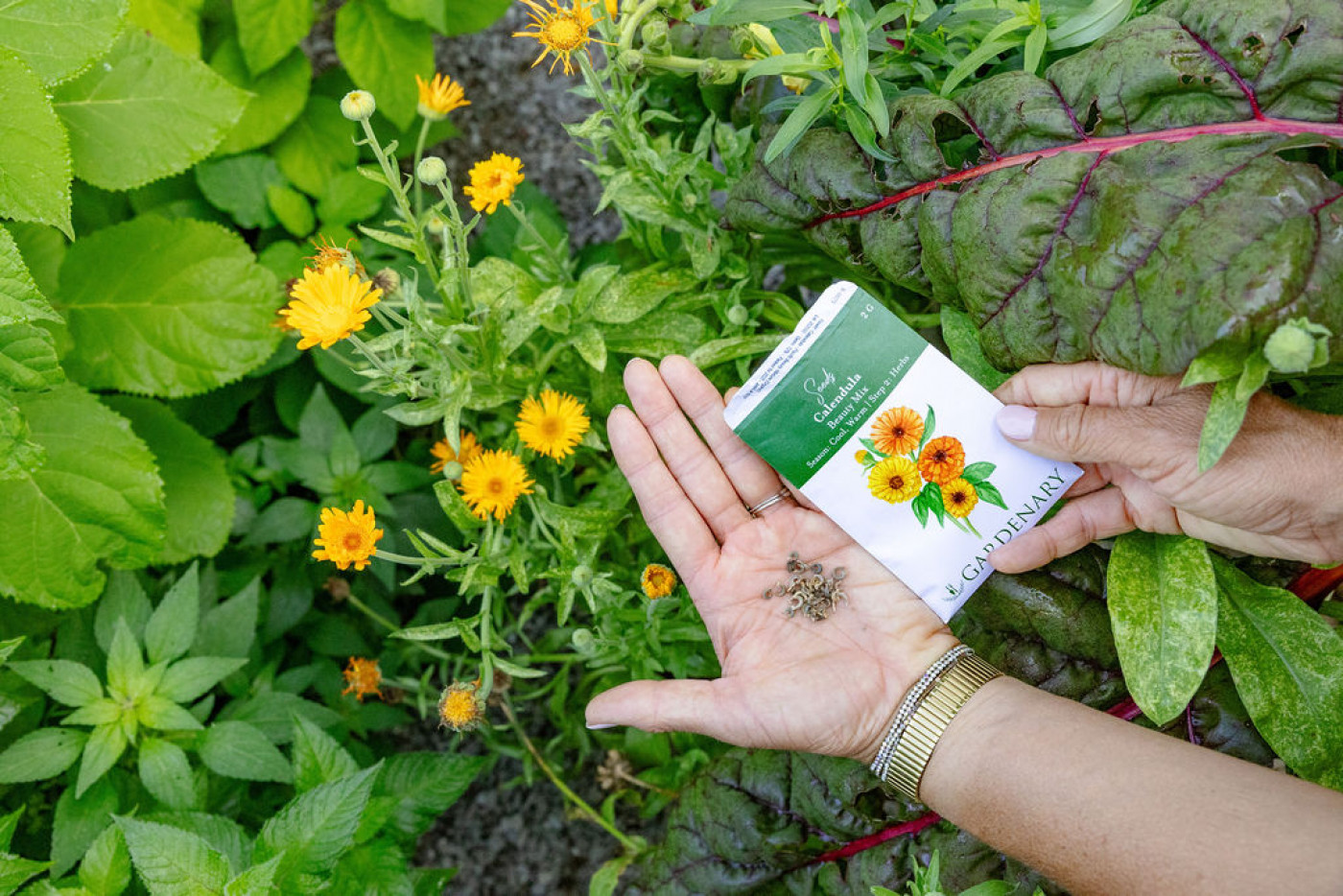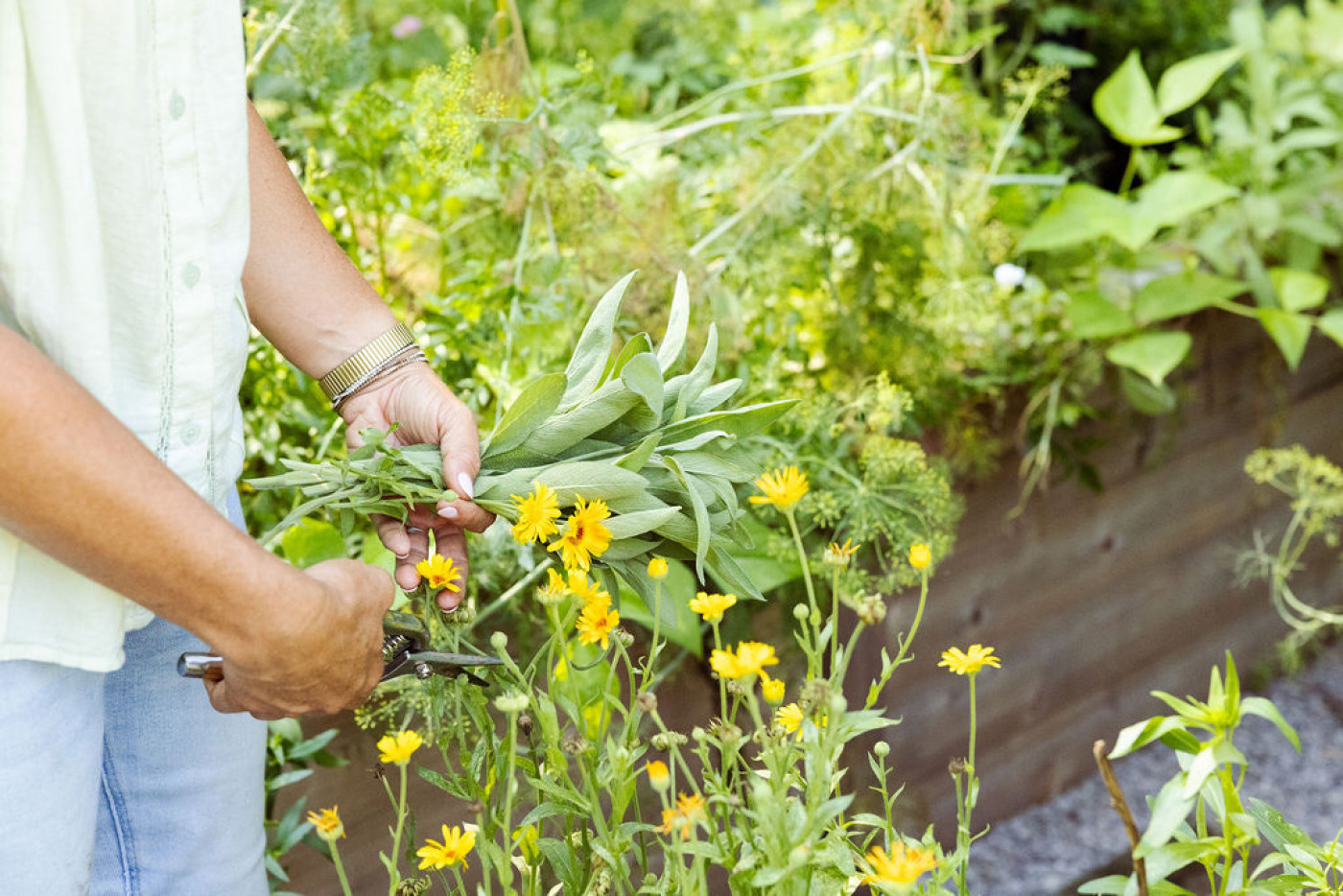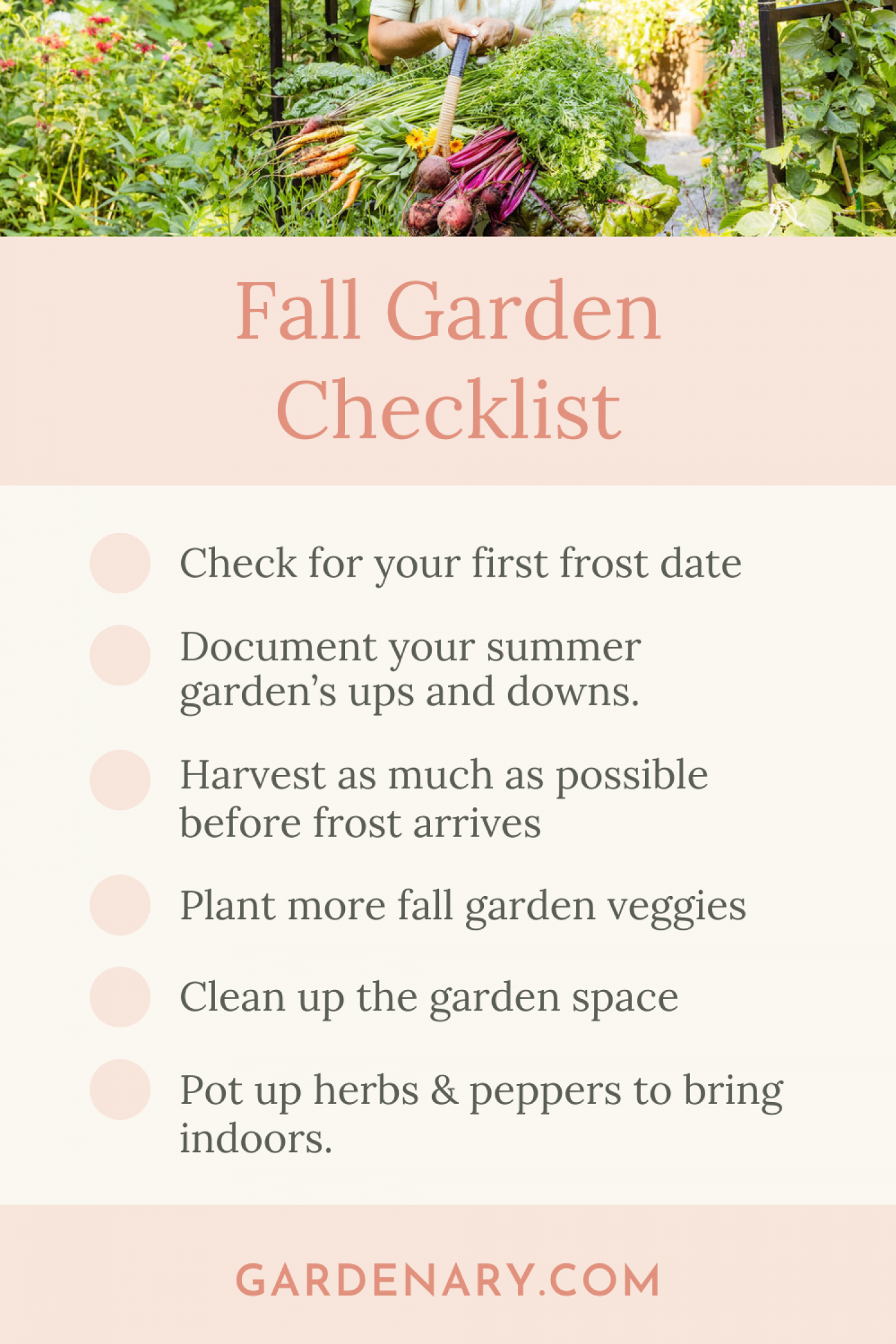Here's What to Do in Your Fall Garden
Don't just let your garden fade in the fall. Follow these 5 fall garden tips to get your garden set up for winter and be well prepared for the best garden ever next season.
Gardenary's Fall Garden Guide
Spring gets all the attention, but fall is actually the ideal time to start your kitchen garden. Get expert guidance, done-for-you layouts, and step-by-step tips to help you plant smarter, grow healthier crops, and harvest more—right through fall.
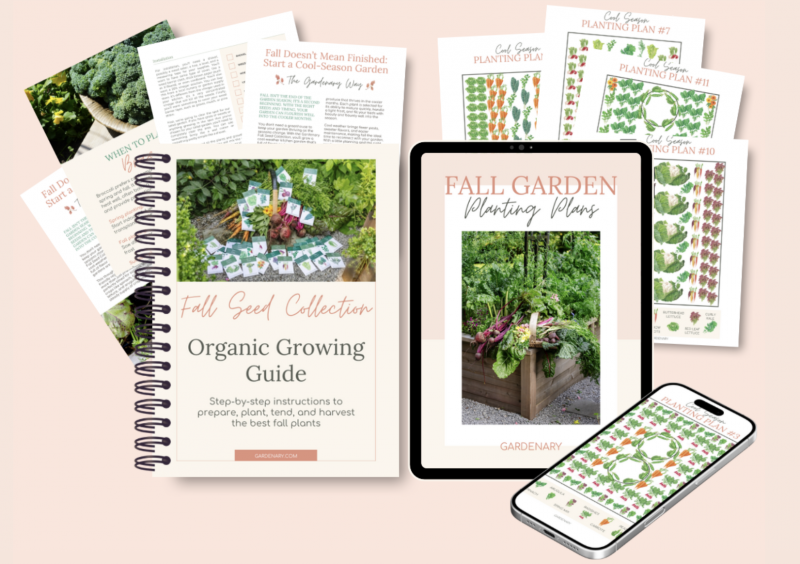
Fall Garden Tips
Reflect on Your Summer Garden
Taking some pictures and jotting down some notes on all that’s happened in the garden over the last few months is the perfect way to document what worked and what didn’t this year to jog your memory later.
Which were your favorite summer garden plants? (For me, zinnias.) Which ones gave you lots of harvests? (Sungold tomatoes.) What didn't produce like you'd hoped it would? (Cucumbers.) What pests gave you a run for your money? (Cabbage worms.)
Organize these pictures into a folder in your phone and save your notes so you can refer back to them when you’re setting your garden space up once the weather warms. If there's something you really enjoyed growing, be ready to plant it for round number two in the spring! Let each past season be your guide for the next.
Plant More Fall Garden Vegetables
What, you thought it was time to turn in the trowel for the winter? Plants that love the cool season and can handle a touch of frost are my favorites—trust me, you don't want to miss out!
If you have a short time before frost and/or snow close the garden party for the year, focus on these fast-growing plants that can be ready to harvest in just 50 days or less:
Gardenary's Fall Seed Collection
Get 34 Organic Fall Garden Seeds—Plus Planting Plans & 300 Pages of Growing Guides to Harvest More This Season!
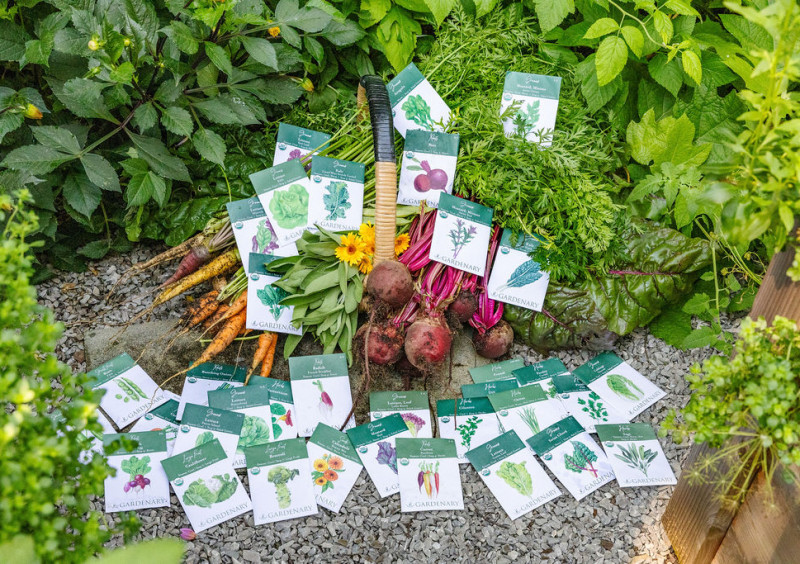
Most of these plants actually taste better after a bit of frost. Other frost-tolerant vegetables for the fall garden include broccoli, lettuce plants, beets, carrots, and even some herbs. Make sure to have frost cloth, cold frames, or even just some old sheets at the ready to protect your plants on freezing nights.
If you want to grow your own garlic, the fall is also a great time to get cloves in the ground so they can settle in over winter before producing in the spring.
Don't forget to plant some fall garden flowers for the pollinators (and for your own enjoyment)! Pansies, dianthus, calendula, black-eyed Susans, and coneflowers can all handle some frost and will add beauty to your kitchen garden space.
Harvest What You Can from Your Fall Garden Before Frost Arrives
Before frost or colder weather hits, get out and harvest as many leaves and pieces of fruit as you can from the garden. Many warm-season plants will slow their growth down significantly with fewer hours of sunshine and cooler temps (and the plants can start to take on disease), so grab your harvest basket and pick, pick, pick.
Particularly important is to gather warmer weather fruits like tomatoes, peppers, and cucumbers. Unripe tomatoes can be cut and left to ripen indoors in a paper bag. Harvest heavily from your herbs; most will survive cold snaps, but basil will die at the first sign of wintry weather. Enjoy those last tastes of summer while you can!
→ Learn more about which plants to remove before your first frost.
A fun way to use up your harvest when you’ve picked too much for fresh eating is to dehydrate your fruit. You can dehydrate fruit in an electric dehydrator or simply by placing in the oven at a low temperature (around 250°F) for four or so hours.
Perform a Fall Garden Cleanup
Raking isn’t just for the areas around your trees; it’s important to rake around your kitchen garden plants too. Don’t allow fallen or diseased leaves to remain on the surface of your garden for long. By clearing the soil area, you can uncover pests that were planning on overwintering in your garden and ensure a much healthier garden for winter or spring, depending on when you’re ready to plant again.
Healthy-looking leaves and plants removed from the garden space can be tossed into your compost bin. Anything that shows signs of disease should be bagged up and put in your trash.
The Gardenary Cool Season Garden Planner
The secret to cool season gardening is knowing your timing, picking the right crops, and staying consistent—this planner walks you through it, step by step.
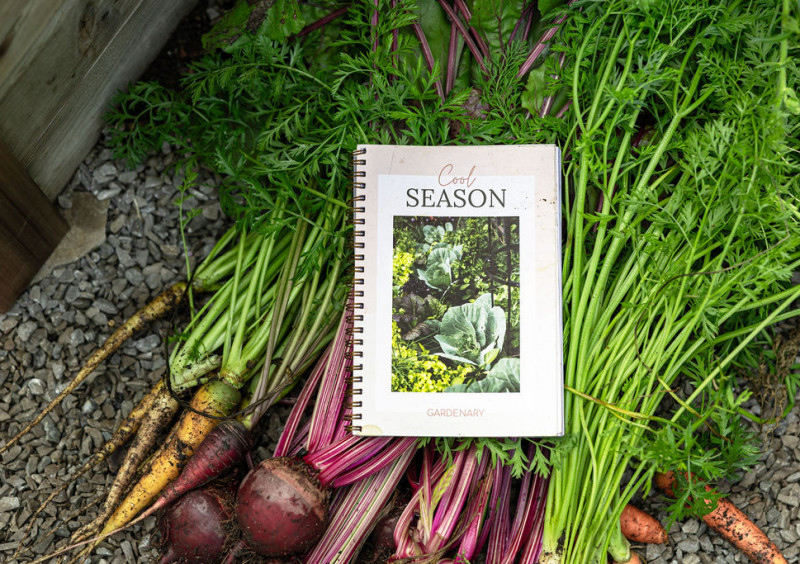
Pot Up Plants to Bring Indoors
If you’re in a warmer climate, you may be able to overwinter some of your plants like eggplant and pepper right there in your garden. But if you’re in a cooler spot that will have frost and/or snow, this is a great time to pot up some of your favorite plants and bring the garden indoors.
To pot up plants, prune the top of the plant to let the plant know you’re not expecting new production over the next few months. Then, carefully dig a wide circle around the base of the plant and work to pull up both the plant and a lot of the soil it’s currently growing in.
Choose a pot that’s wide and deep enough to prevent root crowding on your plant and add a little extra sand and compost to the bottom of the pot before potting up your plant.
Move your pot to a south-facing window and check the water level about once or twice a week, especially in the first few weeks.
→ Check out our guides to potting up and overwintering herbs and pepper plants.
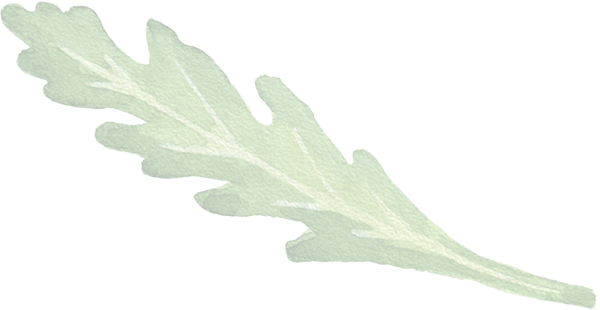

Follow These Fall Garden Tips for Spring Garden Success
Whatever you do, don't neglect the garden just because sweater weather has arrived. Sometimes at the end of the season, we can feel a little "over it" and end up just leaving the garden "as is." And while that's the easy way out at the moment, you'll regret the neglect when you're ready to start growing again next year.
So, make your garden checklist and just ignore all that indoor stuff—your garden needs you this fall!
More ways to make the most of your garden this fall:
- Get started with my book, Kitchen Garden Revival.
- Grab our Cool Season Garden Planner (this is perfect for fall for those of you in cooler climates and will take you through the winter months if you're in a warmer climate).
- Shop our Fall Seed Collection to get our curated batch of the best herbs, leafy greens, and veggies to grow in the fall.
- Grab our Fall Planting & Growing Guide to get planting, tending, and harvesting guides for 25 fall plants, plus 11 done-for-you planting plans.
- Save your seat for our free Fall Garden Kickoff Workshop.
Whatever you grow in your garden, don't grow alone! We're here to help you have confidence and find success in the garden this fall.
Click on the Pinterest Icon below to save this Fall Garden Checklist for later!
Gardenary's Fall Seed Collection
Get 34 Organic Fall Garden Seeds—Plus Planting Plans & 300 Pages of Growing Guides to Harvest More This Season!


